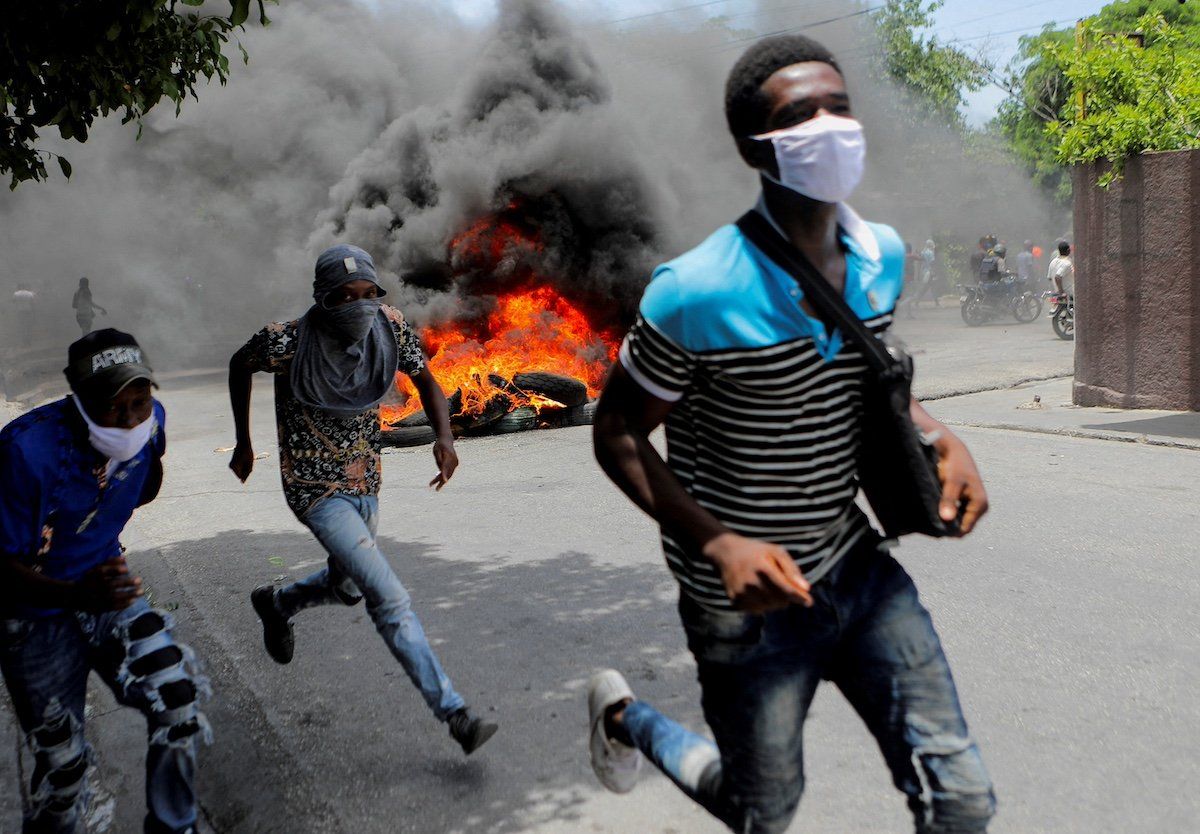On Wednesday, armed men surrounded the Fontaine Hospital Center in Port-au-Prince, Haiti, trapping scores of people for hours before police managed to evacuate at least 40 children and 70 other patients. This type of violence has become a daily occurrence in Haiti, where police have struggled to gain the upper hand against gangs since the July 2021 assassination of President Jovenel Moïse. Haitian Prime Minister Ariel Henry has been urgently calling for international intervention for over a year to help crack down on the mayhem.
While most countries have opted not to jump into the fray, Kenya offered to lead a police force to quash Haiti’s gangs. The UN approved the plan last month, but it immediately hit a legal hurdle back in Kenya, where opponents say Kenya’s Constitution only permits military deployments overseas, not the dispatch of police officers. The court has yet to rule – a verdict is expected on Jan. 26, 2024 – but proponents of the mission got a boost this week when Kenya’s Parliament approved the mission. Lawmakers cited a committee report that found it constitutional on the grounds that Henry requested the police and because the government solicited public participation.
Kenya can’t go it alone: If the court greenlights the mission, the force consists of just 1,000 Kenyan officers, who would be joined by promised deployments from other nations, bringing the total to 2,500. Even combined with roughly 9,000 Haitian National Police officers, the proposed mission would still be outnumbered.
Haiti’s roughly 200 gangs – estimated to have had at least 100 members each in 2021, totaling 20,000-plus — have merged into two large coalitions, fighting both each other and the police for control.